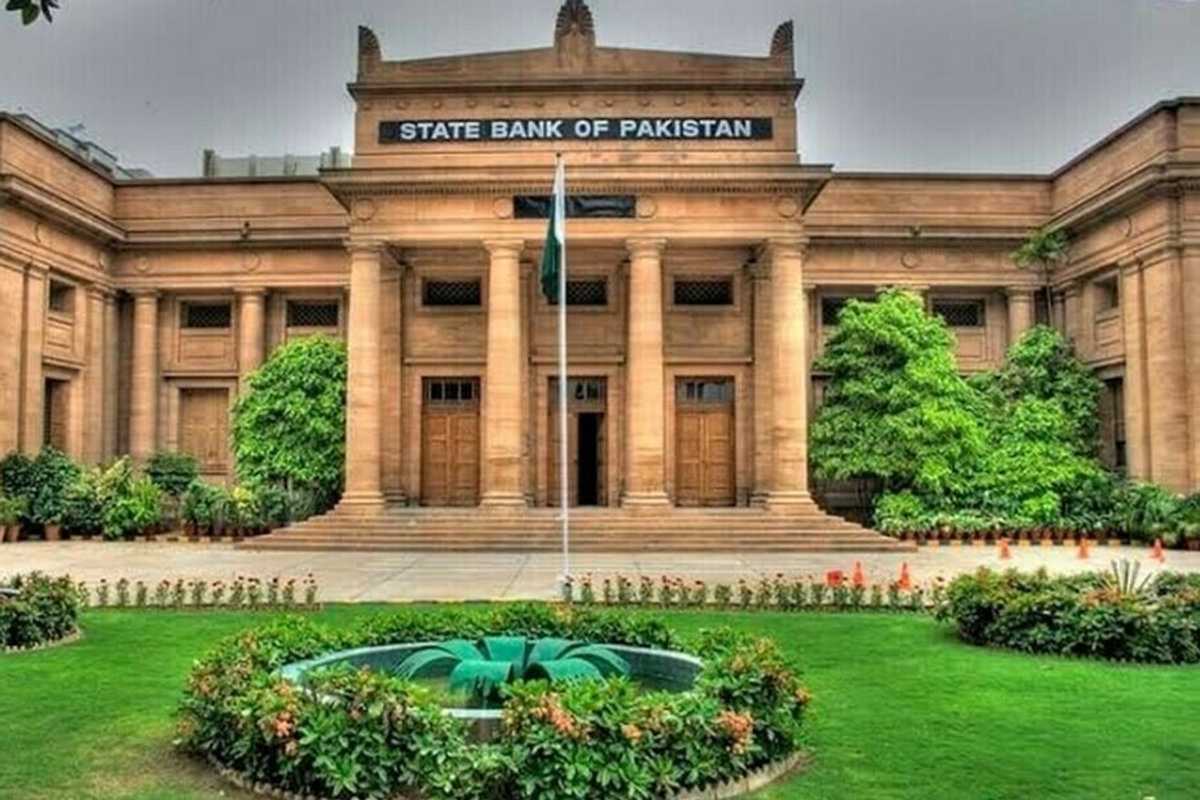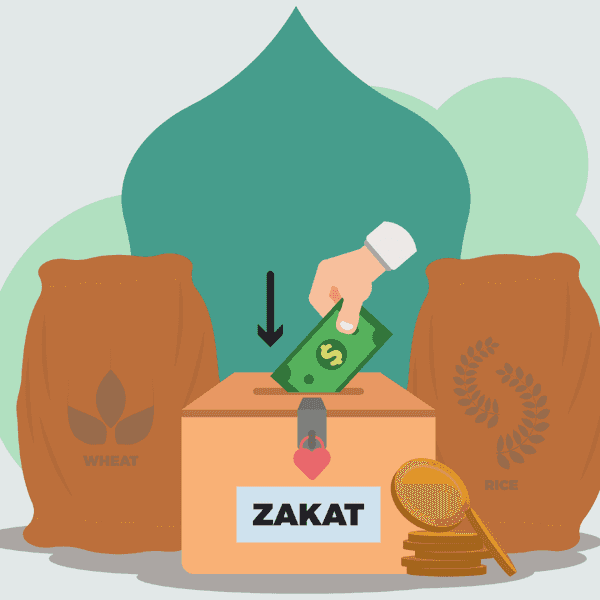Pakistan expands remittance plan, hikes rebate, includes exchange firms
From July 1, 2025, SBP will raise the rebate-eligible remittance minimum from $100 to $200, with a flat 20 SAR rebate per transfer
Business Desk
The Business Desk tracks economic trends, market movements, and business developments, offering analysis of both local and global financial news.

Pakistan’s central bank has expanded its remittance policy to include foreign exchange companies in the Pakistan Remittance Initiative (PRI), aiming to boost the inflow of money sent home by overseas workers.
Starting July 1, 2025, the State Bank of Pakistan (SBP) will raise the minimum transaction amount eligible for a government-paid transfer fee, or rebate, from $100 to $200. Each qualifying transfer will receive a flat rebate of 20 Saudi Riyals (SAR).
Previously, only banks and microfinance institutions were part of the PRI, while exchange companies received significantly lower rebates. Malik Bostan, a leading figure in the exchange companies sector, welcomed the change, calling it a "long-standing demand" that levels the playing field.
“Earlier, banks got around PKR 20 per dollar in rebates, while exchange companies only received PKR 2,” Bostan said. “This will encourage more remittances through formal channels.”
As part of the policy overhaul, the SBP will discontinue two older incentive programs: the Marketing Incentive Scheme and the Exchange Companies Incentive Scheme.
Bostan praised the new rebate threshold, noting that the $200 minimum would help reduce government spending. He also said eliminating the Marketing Incentive Scheme would lower costs for financial institutions.
To qualify for the new rebate, transactions must meet the following conditions:
- The transfer must be at least $200 (or equivalent in another currency).
- No fees can be charged to the sender or recipient.
- Multiple transfers to the same recipient on the same day will be treated as a single transaction.
- A sender is limited to five free transactions per month to the same recipient through the same overseas partner.
Remittances are a vital source of foreign exchange for Pakistan, supporting millions of families and helping stabilize the economy. The government has been working to shift more remittances into formal channels, reducing dependence on informal and harder-to-track networks.
Bostan noted that overseas Pakistanis save nearly $8 billion monthly, yet only around $3 billion is sent back home. “We need to encourage them to invest in Pakistan and remit more,” he said, adding that exchange companies surrendered $4 billion to the central bank last year.
These changes are part of Pakistan’s broader strategy to increase legal remittance inflows and strengthen its financial sector.







Comments
See what people are discussing